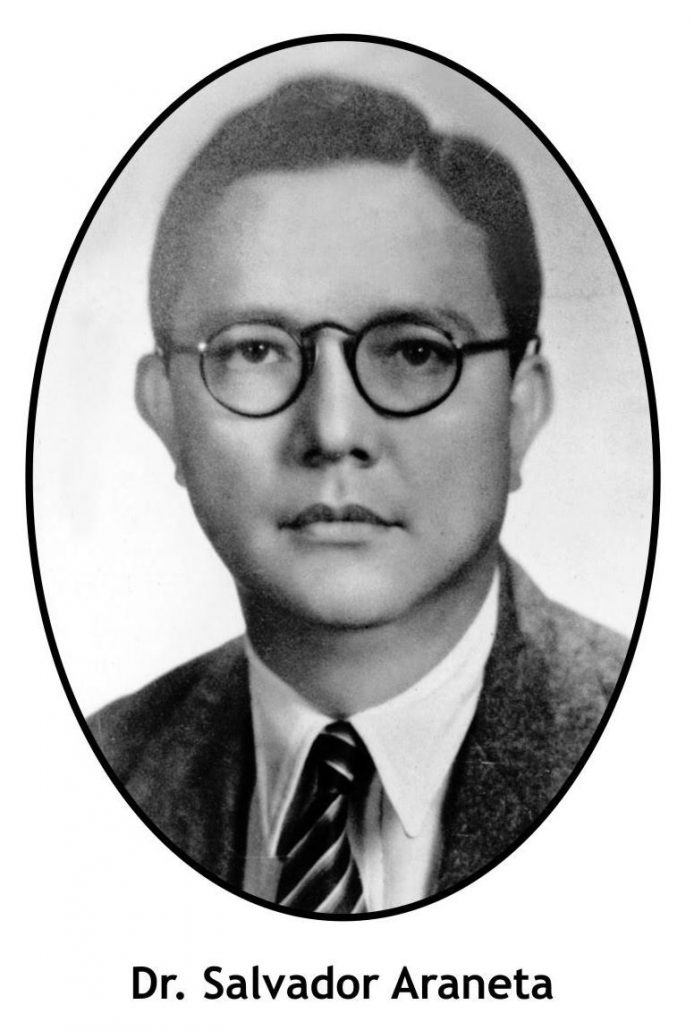 The ‘50s as the Age of Nationalism
The ‘50s as the Age of Nationalism
The early ‘50s were defined as the age of nationalism in the Philippines. It was during these years that Araneta was the National Economic Coordinator. He led other nationalists in building 1,500 factories. According to labor advocate and former Undersecretary of Labor Amado Gat Inciong, this happened practically overnight, but due to the World Bank, International Monetary Fund, the World Trade Organization, and American imperialist policies in the Philippines, there were great losses.
Moreover, the lack of nationalism had permeated into our culture in the past few decades. “Our so-called entrepreneurs had reduced themselves into junior partners of Corporate America.”
Why was it that despite the fervor of nationalism, our industries still failed?
The speech of Araneta on “Our Tariff Policy and Foreign trade” gives us the primary reason. According to him, the economy of the Philippines in the last 40 years had been mainly a free trade economy, while the economy of the United States since the Civil War had been and is a protectionist economy. While imported goods from the United States coming in were all free of duty, about 67 percent of our total imports during the last year before the war rose to about 86 percent since.
With such a major percentage of our imports coming in duty-free from the United States, there was no protection given to infant industries. Without protection, local industries could not compete with imported products which would come in cheaper as it was much cheaper to import than to produce.
Unfortunately, this became a habit and Filipinos had been accustomed to buying imported goods. This also promoted a colonial mentality that always preferred imported products from abroad instead of patronizing local goods.
The spirit of “Filipino First” had not really been embedded in the hearts of our countrymen.
Araneta further pointed out that America was the first to institute “import control” over goods coming in from the Philippines – sugar, coconut, cordage, embroideries and pearl buttons. He urged that we should take the “tried and beaten path” taken by other nations to become industrialized. This was the path of protecting young or infant industries.
He explained that “we are a backward economy because we have been imprisoned for at least 40 years in a free-trade economy. Free trade brought about a colonial economy wherein emphasis was given to the production of a few staple exports to the detriment of a more diversified self-sustaining economy.”
Araneta termed this failure to protect young or infant industries as the “Calvary” of many domestic industries. All that he was advocating was for “reasonable protection.”
Araneta took his stand from lessons on protectionism learned from England, Germany, Canada, and Australia. On the other hand, Japan went further and gave high priority to grandfather industries by giving maximum tariff and foreign exchange protection to boost domestic production, together with ample credit facilities for production of capital goods. (To be continued/PN)





